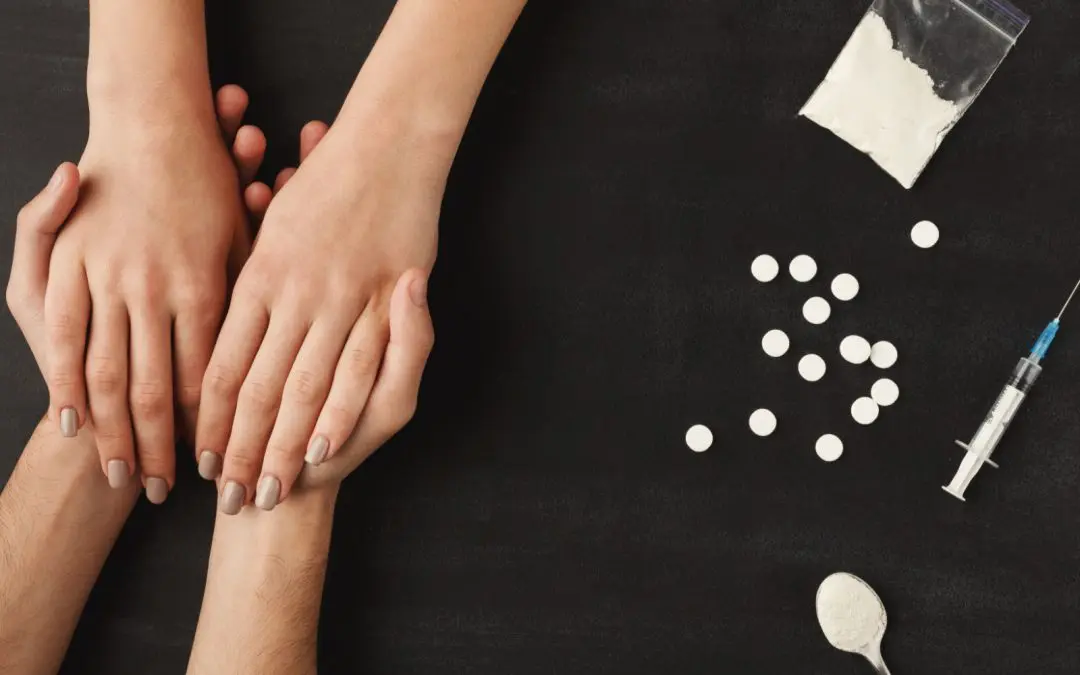24/7 Helpline:
(866) 899-111424/7 Helpline:
(866) 899-1114
Learn more about Medication-assisted Treatment centers in Tompkinsville
Medication-assisted Treatment in Other Cities

Other Insurance Options

UMR

Sutter

Ambetter

EmblemHealth

Holman Group

Optima

State Farm

Oxford

Sliding scale payment assistance
Beacon

Health Net

BHS | Behavioral Health Systems

American Behavioral

Aetna

Group Health Incorporated

Horizon Healthcare Service

Choice Care Network

Cigna

Self-pay options

Kaiser Permanente

LifeSkills Service Center – Monroe County
LifeSkills Service Center – Monroe County is a private rehab located in Tompkinsville, Kentucky. Lif...







































































































